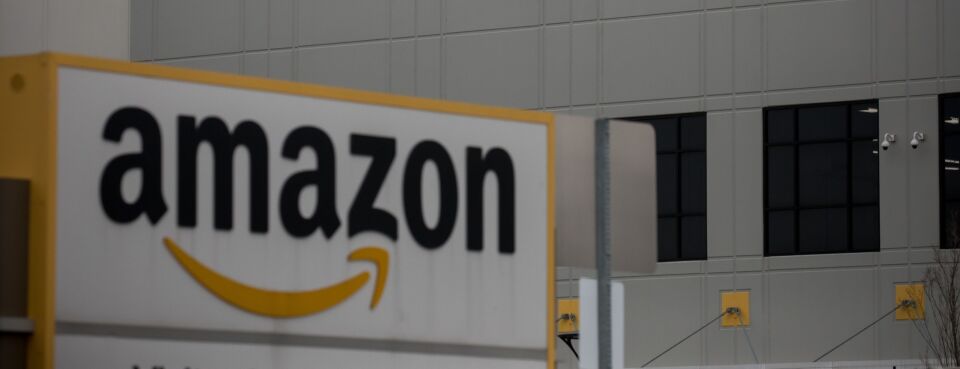
Pritzker Vetoes Amazon Warehouse Worker Quota Law in Illinois
- 21.03.2025 21:49
- news.bloomberglaw.com
- Keywords: Amazon, Illinois
Illinois Governor JB Pritzker vetoed a bill targeting Amazon and other warehouse operators, aiming to restrict worker quotas tied to productivity. The measure's supporters linked high injury rates to fast-paced work expectations, while Amazon argued its safety metrics have improved since 2019 and are not strict quotas. Only five states currently regulate such practices.